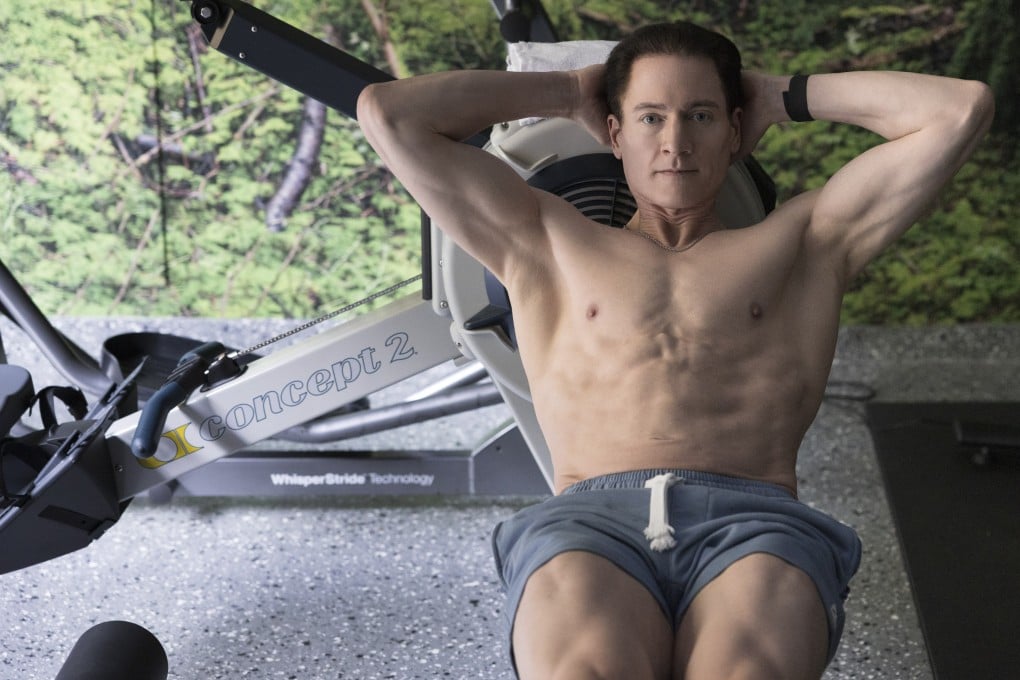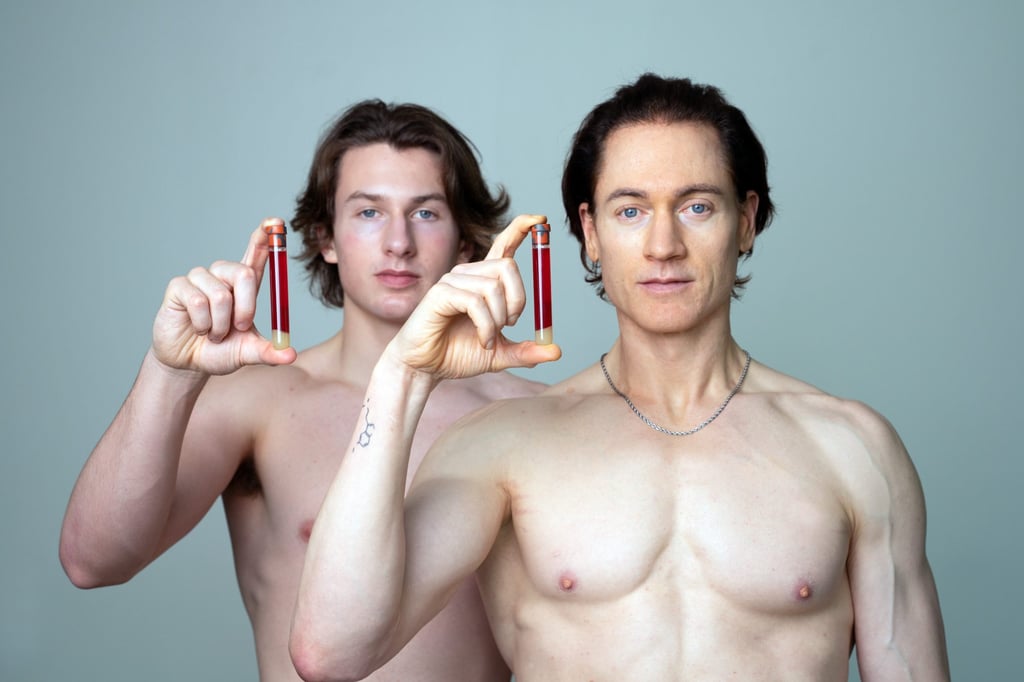Advertisement
Why biohacker Bryan Johnson Botoxed his manhood to counter ageing
- Penis Botox among self-experiments biohacker shares on social media to show scientists, medics, followers how biological clock can be slowed
Reading Time:5 minutes
Why you can trust SCMP
2

As children, we usually look forward to birthdays with glee. As we age, they are more often met with a sense of mildly increasing dread, serving as an annual reminder of our mortality.
Advertisement
For Los Angeles, California-based serial entrepreneur turned biohacker Bryan Johnson, birthdays are now celebrated less frequently.
Johnson announced in June 2024 to his 808,000 followers on Instagram that he has succeeded in slowing his biological ageing – essentially how old the cells in his body are – to 0.64.
This means Johnson ages biologically less than two-thirds of a year for every chronological year, so, he quips: “I now celebrate my birthday every 19 months.”
A tech mogul who sold payment processor Braintree to eBay for US$800 million (HK$6.25 billion) in 2013 and then went on to found Kernel, a company that produces helmets that monitor and record brain activity, Johnson has become known for his mission to prove that death does not have to be an inevitability.
Advertisement
For months, he has been documenting and sharing on social media and beyond a series of data-driven experiments he has had performed on himself, some successful, some less so, that he calls Project Blueprint.


Advertisement